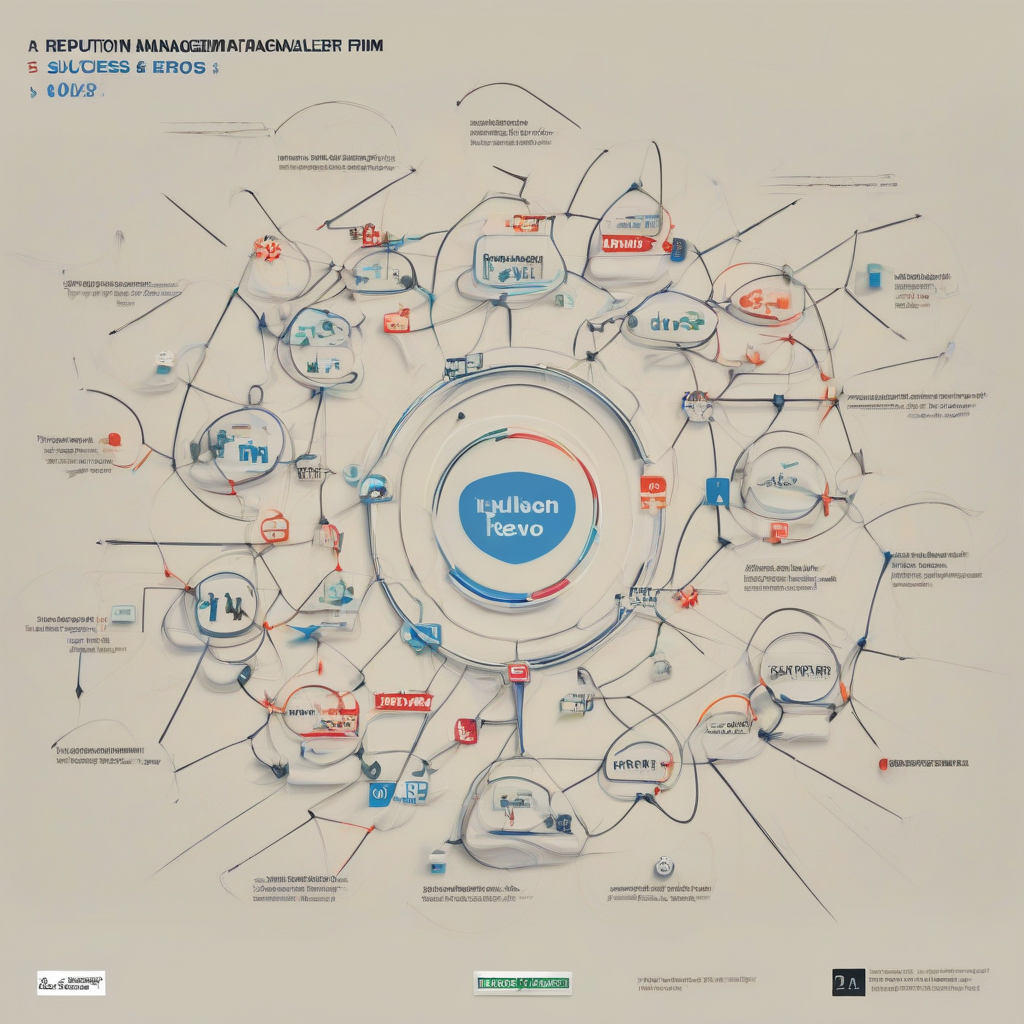Navigating the Complex World of Reputation Management Firms: A Comprehensive Guide
In today’s hyper-connected world, online reputation is paramount for individuals and businesses alike. A single negative review or a damaging news article can significantly impact public perception, leading to lost opportunities and irreparable damage. This is where reputation management firms step in, offering specialized services to protect and enhance online presence. This comprehensive guide delves into the intricacies of reputation management firms, exploring their roles, services, selection process, and potential pitfalls.
Understanding the Role of a Reputation Management Firm
Reputation management firms act as proactive guardians of online image. They employ a multifaceted approach to monitor, analyze, and manage online conversations, news articles, and social media posts related to their clients. Their goal is to mitigate negative content, amplify positive narratives, and ultimately shape the public perception of their clients in a positive light.
- Monitoring Online Mentions: Firms utilize sophisticated software to track mentions across various online platforms, including search engines, social media, news websites, and blogs.
- Analyzing Online Sentiment: They analyze the sentiment expressed in online conversations, identifying potential threats and opportunities for reputation enhancement.
- Developing and Implementing Strategies: Based on their analysis, they develop and implement tailored strategies to address negative content and promote positive narratives.
- Content Creation and Distribution: They create and distribute positive content, such as press releases, blog posts, and social media updates, to counter negative information.
- Crisis Communication Management: In case of a reputational crisis, they provide crisis communication support, guiding clients through the process of damage control.
Types of Services Offered by Reputation Management Firms
The services offered by reputation management firms vary depending on the client’s needs and the nature of the challenges they face. However, some common services include:
- Online Reputation Monitoring: Continuous tracking of online mentions to identify potential threats.
- Negative Content Removal: Working to remove or suppress negative content through legal and ethical means.
- Search Engine Optimization (SEO): Optimizing online presence to push negative content further down search engine results pages (SERPs).
- Social Media Management: Managing and monitoring social media accounts to build and protect online reputation.
- Public Relations (PR): Building positive relationships with media outlets and influencers to shape public perception.
- Crisis Communication: Developing and implementing strategies to manage reputational crises.
- Online Review Management: Monitoring and responding to online reviews to manage customer feedback.
- Brand Reputation Management: Protecting and enhancing the reputation of a brand or organization.
- Personal Reputation Management: Protecting and enhancing the reputation of an individual.
Choosing the Right Reputation Management Firm
Selecting the right reputation management firm is crucial for achieving desired results. Consider the following factors:
- Experience and Expertise: Look for firms with a proven track record of success in managing online reputations.
- Transparency and Communication: Choose a firm that maintains open and transparent communication throughout the process.
- Ethical Practices: Ensure the firm adheres to ethical practices and avoids using manipulative or deceptive tactics.
- Client Testimonials and Case Studies: Review client testimonials and case studies to assess the firm’s effectiveness.
- Pricing and Contract Terms: Carefully review pricing and contract terms before signing any agreement.
- Technology and Tools: Inquire about the technology and tools used by the firm to monitor and manage online reputation.
- Team Expertise: Evaluate the skills and experience of the team members involved in managing your reputation.
- Scalability and Adaptability: Choose a firm that can adapt to changing circumstances and scale its services to meet your evolving needs.
Potential Pitfalls to Avoid
While reputation management firms can be invaluable assets, it’s important to be aware of potential pitfalls:
- Unethical Practices: Some firms may employ unethical tactics, such as creating fake reviews or manipulating search engine results, which can ultimately harm your reputation.
- Lack of Transparency: A lack of transparency regarding strategies and progress can lead to frustration and lack of trust.
- Overpromising and Underdelivering: Be wary of firms that make unrealistic promises or guarantee specific results.
- High Costs: Reputation management services can be expensive, so it’s important to compare pricing and services offered by different firms.
- Lack of Communication: Poor communication can lead to misunderstandings and delays in addressing reputational challenges.
- Inflexible Strategies: Rigid strategies that fail to adapt to changing circumstances can be ineffective.
- Ignoring Underlying Issues: Focusing solely on online reputation without addressing the root causes of negative feedback can be counterproductive.
The Importance of Proactive Reputation Management
Proactive reputation management is crucial for preventing reputational damage before it occurs. By regularly monitoring online mentions and engaging with stakeholders, businesses and individuals can identify and address potential issues before they escalate into full-blown crises.
- Regular Monitoring: Consistent monitoring of online mentions allows for early detection of potential problems.
- Engaging with Stakeholders: Responding to feedback and engaging with stakeholders builds trust and strengthens relationships.
- Building Positive Content: Creating and distributing positive content builds a strong foundation for a positive online reputation.
- Crisis Preparedness: Developing a crisis communication plan allows for a swift and effective response to reputational crises.
Conclusion (Omitted as per instructions)

